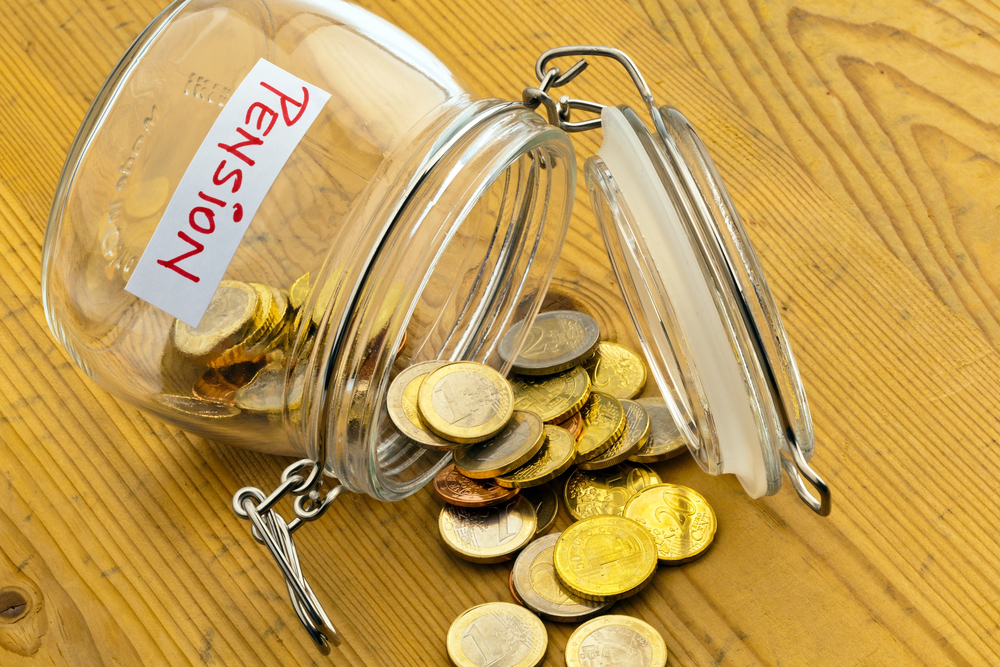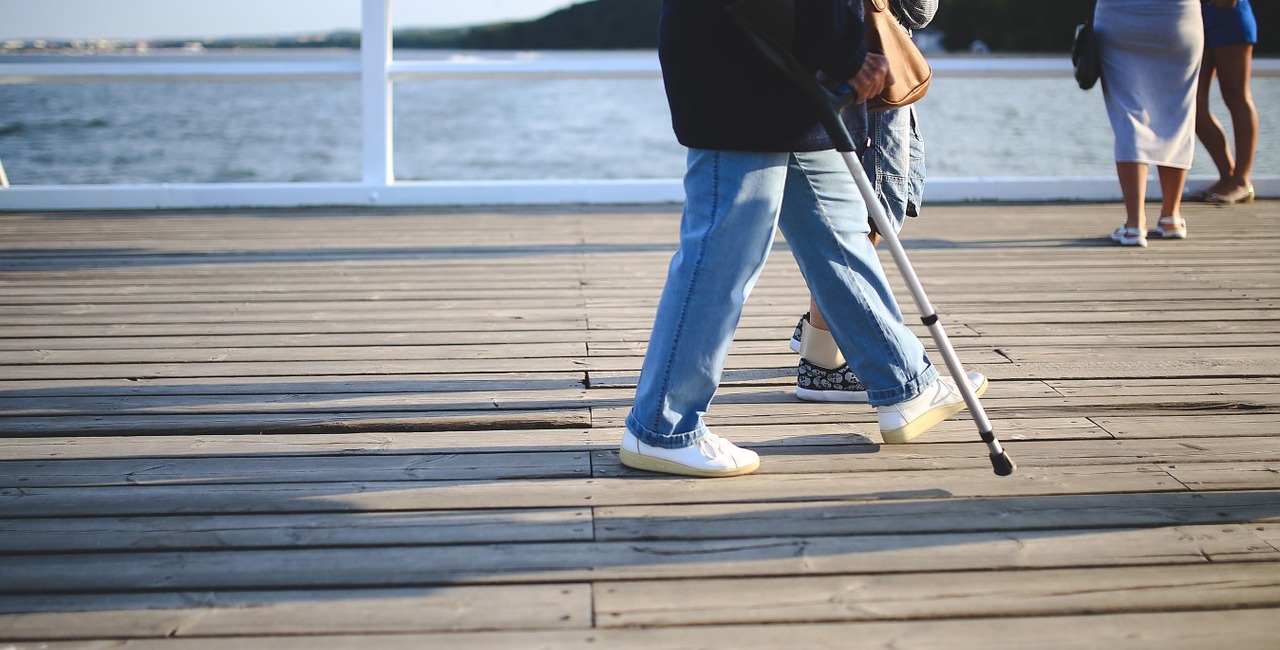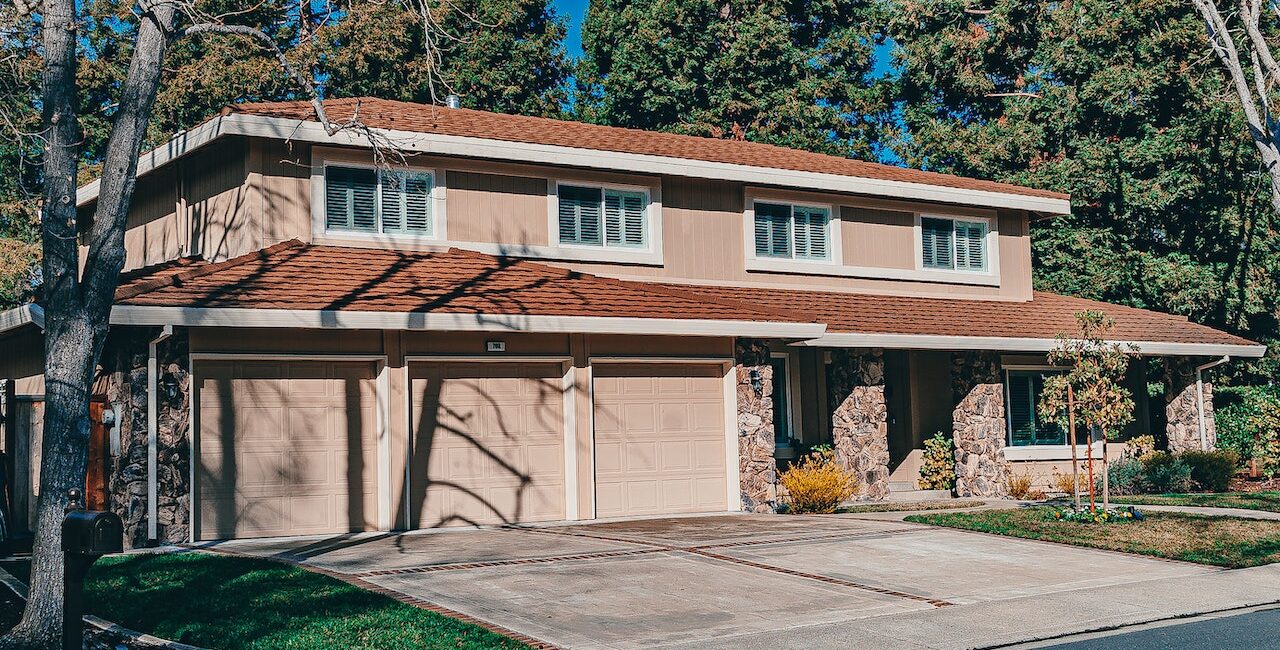
Last month, the Bank of England’s chief economist Andy Haldane suggested that investing in property was a better bet for retirement planning than putting your money into a pension.
These comments were labelled as ‘irresponsible’ by other financial experts. Former pensions minister Ros Altmann said she was ‘horrified’ to hear Haldane’s comments. She went on to say: “Don’t put all your eggs in one basket. You want to have your money spread across in many places not just in one.”
The contrasting opinions of these financial heavyweights does little to boost the confidence of those planning retirement. To help make decisions on investment a little easier, we’ve weighed up the pros and cons of investing in property and putting money into a pension.
Investing your retirement savings in property
Pros:
- The value of UK property has skyrocketed in recent years and it is widely regarded as a relatively safe long-term investment. House prices in the UK have risen consistently over the last 20 years and the trend looks set to continue. Research has found that the average house price looks set to rise by another £40,000 by 2021.
- Property is a physical asset, which you can choose to live in or use as a holiday home if you don’t want to let it on the open market. In fact, some pensioners chose to invest their pension by buying to let.
- Property investment is not restricted to the domestic market. Many Brits buy property abroad with a view to eventually emigrating when they reach retirement. Spain is the most popular retirement destination for British people, although regions a little further afield are increasing in popularity. For instance, the Caribbean island of Dominica has a highly successful citizenship by investment programme which rewards those who invest in approved real estate. The cost of living is also generally cheaper in the Caribbean, Spain and other popular retirement destinations.
Cons:
- Property may not always be a completely safe bet. Landlords are expected to sell 500,000 properties in the next 12 months, according to new research from buy-to-let investor trade body National Landlords Association (NLA). It says landlord confidence is at its lowest ebb since the dark days of the banking crisis.
- There are more expenses associated with property ownership than pensions, such as buy-to-let mortgage repayments, letting agent fees and maintenance costs. If renting out your property, you’ll also need to budget for void periods.
- It requires a lot more time and effort to buy, maintain and sell a property than it does to build up funds in a pension.
Investing your retirement savings in a pension
Pros:
- Pensions are often regarded as a safer bet than property because there’s little chance of ending up with less than you originally invested. One criticism is the lack of flexibility pensions offer, however following the 2015 pension changes, there’s greater flexibility in how you can access your funds.
- Now from the age of 55, you can access as much of your savings as you want under new ‘pensions flexibility’ rules, 25% of which is tax free. You can spend or invest these sums as you see fit.
- The changes mean that retirees will have six options now available to them. They can leave leave the pension pot untouched, purchase an annuity, get an adjustable income (Flexi Access Drawdown), take cash in chunks, cash in the whole lot in one go or combine any of the above options. Rather than the having all your fund tied up in brick and mortar, this scheme, at least supposedly, offers retirees freedom of choice.
- According to money saving experts This Is Money, pensions are better value for money over time despite consistently rising house prices. Their research found that, when taking in running costs, homeowners made a significantly smaller profit that the interest on a pension. They claim: “The Government is limiting the amount of tax relief landlords can claim on their mortgage interest repayments. By contrast, pension savers are paying less today than in the past.”
Cons:
Although the pension changes bring an element of flexibility and freedom for recently retired people looking to invest, it does raise several issues. In fact, the BBC released a list of 10 hidden consequences deriving from the pension reform.
- Access to a significant amount of savings might make people vulnerable to to both their own overspending, fraudulent schemes and what the BBC calls, becoming the ‘bank of Grandad and Grandma’.
- The reputation of pension schemes has been severely damaged in recent years due to coverage of numerous scandals. Not only that, many people are put off by the fact you can’t access your pensions until you’re at least 55.
- Anybody that decides to take all of their money in one go will face tax implications. The money is categorised as income and is therefore subject to income tax of up to 40% per a tax tool.
So which is best?
Both types of asset have pros and cons and neither guarantees growth in value. Take some time to look at your personal situation, family and commitments as what you do with your money pot will not only affect the rest of your lives, but your families too.








